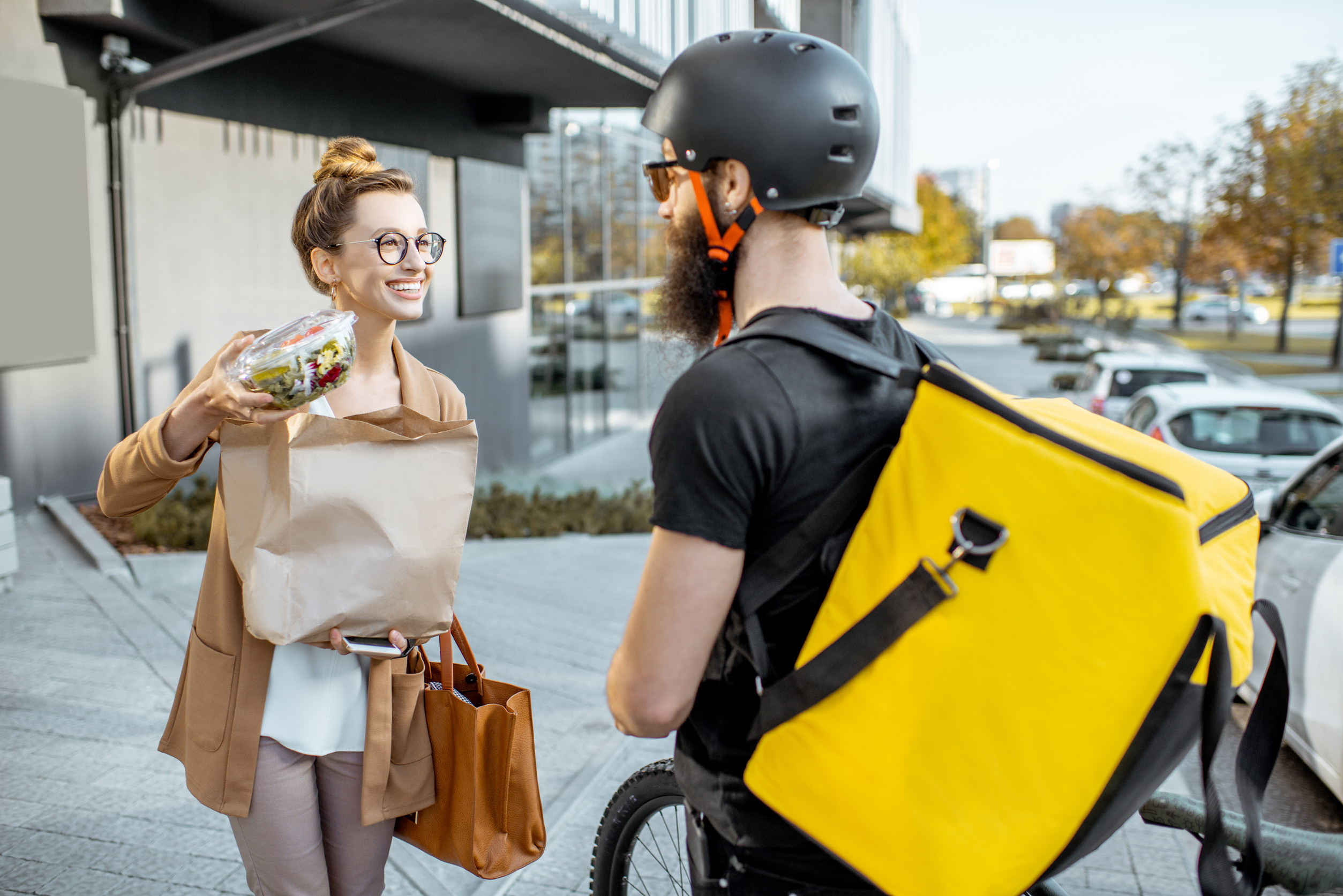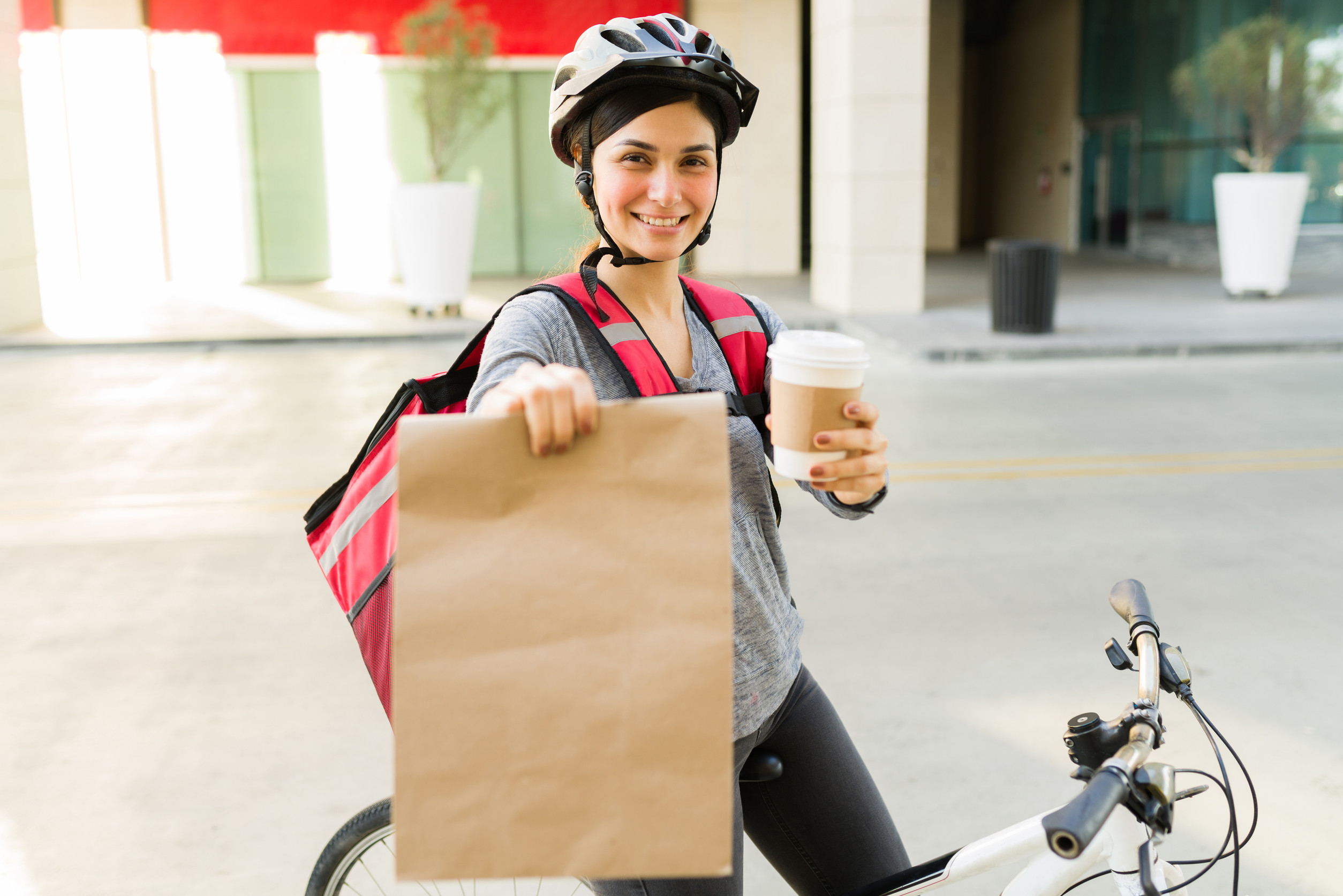
In today’s fast-paced world, food delivery apps have become an essential part of many people’s daily routines. With just a few taps, meals from countless restaurants arrive at the doorstep, hot and ready to eat. Convenience has never been more accessible, and for busy individuals or families, this service seems like a blessing.
But beneath this convenience lies a growing concern: the ease of ordering food is slowly eroding our connection to the art and joy of cooking. As food delivery apps continue to dominate, it’s worth examining how this shift impacts our skills, health, and overall relationship with food.
Convenience at the Expense of Culinary Skills
The convenience offered by food delivery apps is undeniable; they save time and effort in meal preparation. However, relying on them regularly means fewer opportunities to develop and practice cooking skills. Over time, many people find themselves losing confidence in the kitchen, unable to prepare even simple meals without assistance.
This dependency risks making cooking feel like an outdated or intimidating chore rather than an enjoyable or creative activity. Ultimately, the loss of culinary skills could mean fewer individuals able to cook nourishing meals independently.
The Disconnection From Food Origins
Ordering meals through apps creates a physical and emotional distance from the food being consumed. When cooking, people engage with ingredients directly—touching, smelling, and understanding where their food comes from. This process builds appreciation and mindfulness around eating, fostering healthier habits. Food delivery apps, however, package meals into neatly wrapped containers, often with little information about the ingredients or preparation. This detachment can make food feel like a mere commodity rather than a source of nourishment, weakening the bond with what sustains the body.
Impact on Health and Nutrition Awareness
When meals are prepared by others, there is often less control over nutritional content, portion sizes, and ingredient quality. Many food delivery options tend to be higher in calories, fats, and sugars, partly because they cater to convenience and indulgence. Without the hands-on process of cooking, it becomes easier to overlook the importance of balanced meals and wholesome ingredients. Over time, this shift can contribute to unhealthy eating patterns and increased risk of diet-related illnesses. A growing reliance on delivered food might thus unintentionally undermine personal health and nutrition awareness.

Economic and Environmental Consequences
Frequent use of food delivery apps also carries economic and environmental costs that are often overlooked. The convenience fees, delivery charges, and higher menu prices can add up, creating a financial burden on consumers. From an environmental perspective, the packaging waste and increased carbon footprint associated with delivery services are significant concerns. Single-use plastics, paper containers, and disposable cutlery contribute to pollution and landfill issues. Choosing to cook at home not only saves money but also reduces waste and energy consumption, making it a more sustainable option.
The Loss of Social and Cultural Connections
Cooking has long been a communal activity that brings people together and preserves cultural traditions. Preparing meals at home encourages family bonding, passing down recipes, and sharing stories around the table. Food delivery apps, by contrast, often promote solitary eating or convenience over connection. This trend risks weakening social ties and eroding cultural identities linked to cuisine and shared mealtime rituals. Rekindling the habit of home cooking can help restore these important human connections and celebrate diverse culinary heritages.
Rekindling the Joy of Cooking
Despite the convenience of food delivery apps, it’s still possible to find joy and meaning in cooking at home. Rediscovering simple recipes and experimenting with fresh ingredients can be both relaxing and rewarding. Cooking provides a creative outlet that engages all the senses and nurtures a deeper relationship with food. Making meals from scratch also allows for greater control over flavors, nutrition, and portion sizes. Embracing cooking as a regular practice can lead to healthier habits, stronger bonds, and a richer appreciation of food.
Balancing Convenience and Connection
Food delivery apps are unlikely to disappear, and they do offer valuable support during busy or challenging times. The key lies in finding a balance between using these services wisely and maintaining an active role in meal preparation. Scheduling regular cooking sessions and learning new recipes can help rebuild culinary confidence.
Exploring local ingredients and cooking with family or friends can turn meal preparation into a shared experience. This balance helps preserve the benefits of convenience without sacrificing the deeper values connected to cooking.
Keep A Healthy Relationship With Food
As food delivery apps continue to shape how meals are consumed, it’s important to reflect on their broader impact beyond just convenience. Losing the connection to cooking risks not only practical skills but also personal health, cultural richness, and environmental sustainability. Making small but consistent efforts to cook at home can help reclaim these benefits.
Everyone can play a part in nurturing a healthier relationship with food and the traditions that come with it. What are your thoughts on the rise of food delivery apps? Share your experiences or join the conversation below.
Read More
These 5 “Lazy” Habits Are Quietly Draining Your Bank Account
5 Services That Used to Be Free—Now They’re Disappearing Behind Paywalls
The post Food Delivery Apps Are Ruining Our Relationship With Cooking appeared first on Everybody Loves Your Money.







